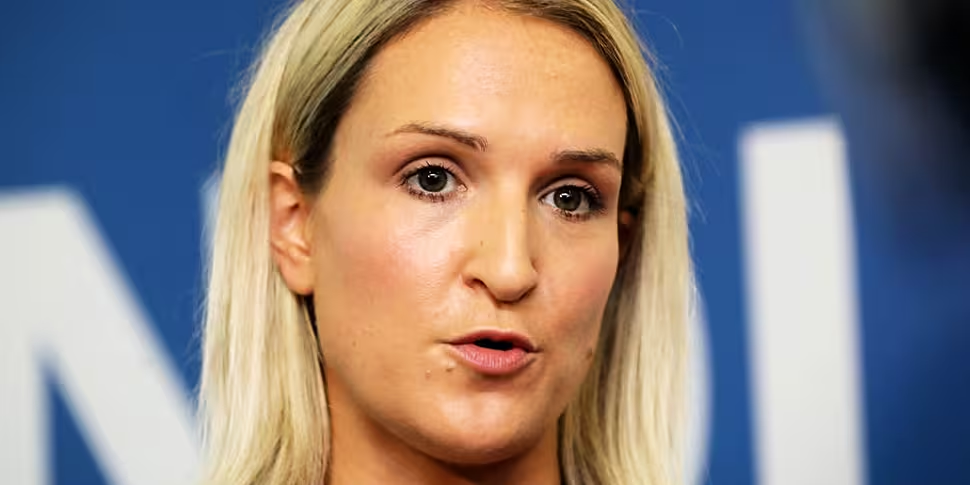A junior minister says the vast majority of people coming in to the country are sticking to the guidelines around self-isolating, but the Government is also looking at introducing new laws to make the measures compulsory.
It comes as the Irish Independent reports that gardaí may call to passengers' homes to make sure they are in self-isolation for two weeks.
Department of Justice figures released last week revealed that more than a third of passengers arriving into Dublin Airport over a six-day period did not fill out the form telling authorities where they would be self-isolating.
Health Minister Simon Harris today said he wants laws put in place to 'toughen up' the measures currently in place at the country's ports and airports.
Speaking on The Pat Kenny Show, Minister for European Affairs Helen McEntee said the Government is looking at ways to enforce the rules.
She explained: "We are taking specific measures to try and put in place regulations to make it compulsory for people who are travelling to provide these details, so that they can be followed-up on.
"I would stress that the numbers of people coming in are absolutely minimal.
"The vast majority of people are Irish citizens returning home, and I do believe the vast majority of people are adhering to these guidelines."
Yesterday, the Government said it has 'no plans' to change the regulations for now, despite British Prime Minister Boris Johnson saying the rules in the UK would be relaxed for people who arrive from Ireland and France.
Minister McEntee said anyone arriving in the country is being asked to self-isolate, regardless of where they arrived from.
She said: "Irrespective of the announcement made by Boris Johnson... there will still be travel restrictions in certain incidences."
She stressed that 'coordinated' international efforts to ease travel restrictions should be done 'in collaboration' with the EU and UK.
Meanwhile, Professor Sam McConkey - infectious disease specialist with the the Royal Colleges of Surgeons - said tightening up the rules for those coming into the country is a good idea.
He explained: "I think protecting our borders and protecting the re-importation of lots of COVID-19 from other countries is getting more and more important.
"As we've got the numbers down now in our own country, really we have to increasingly focus on not having it reintroduced".









